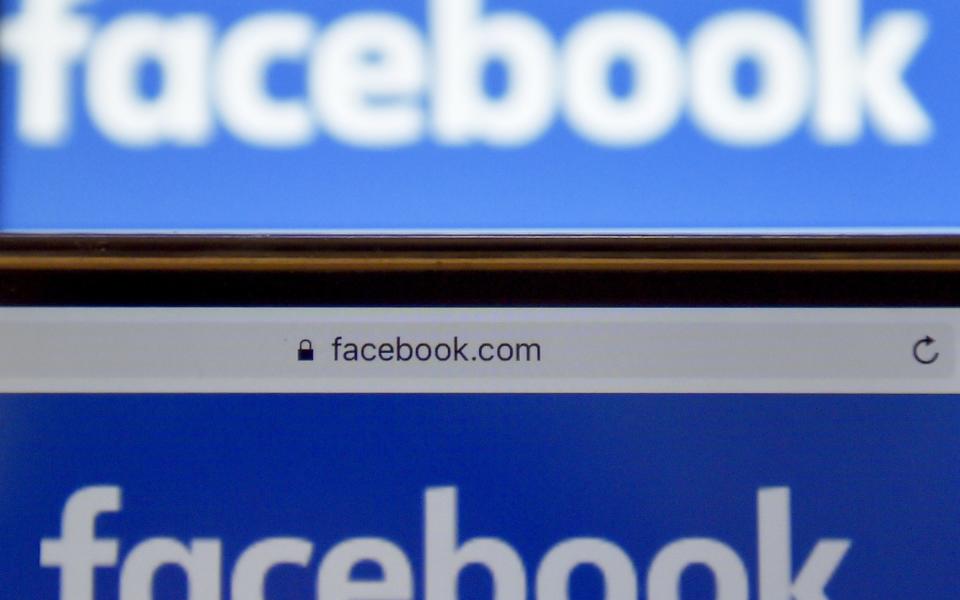Breaking up tech giants like Facebook and Amazon isn't the answer, says IMF's Lagarde

Companies like Amazon (AMZN), Google (GOOG, GOOGL) and Facebook (FB) that hold tremendous market share and wield what some have called monopoly power in their respective spaces may be a threat to healthy competition and the economy. But there’s no need to break them up just yet, International Monetary Fund (IMF) chief Christine Lagarde said.
Lagarde, speaking during a press conference at the IMF’s spring meeting in coordination with the World Bank on Thursday, said she worried about the impact that big tech companies could have on competition and innovation. However, as times and the global economy have changed, she’s not sure that splitting the companies would be beneficial.
“I’m not sure that breaking up some of the tech titans … would actually be the right answer. It used to be the right answer,” Lagarde said. “When most of [a company’s] assets have intangible value and the benefits of those assets are derived using particular mechanisms that themselves are completely intangible…how do you do the breaking up?”
The question of how any regulation might happen seemed most pressing, as Facebook, Google, Amazon and other big tech companies operate and earn revenue in far different ways than businesses traditionally have in global commerce.
“How do you facilitate access, how do you enable market disrupters to actually be able to operate? I think that’s where a lot of new thinking has to be done,” Lagarde added.
The Managing Director does seem to think that the IMF will play a part in that and said she expected that fund would “certainly want to be a player in that debate.”
In a release last week the IMF urged governments around the world to create global standards for the issue of taxing profits made by international digital companies like Facebook and Google, calling the tax question a “contentious and urgent issue.”
On Thursday Lagarde went further, saying the issue of these companies would take more resources than even international agencies like the IMF and World Bank can provide.
“It will require multiple fields – from competition to tax to finance and probably many others, including fields that are not necessarily ours: psychology, sociology and economic behaviors and so on and so forth, because it requires new thinking,” Lagarde said.
More from the IMF/World Bank meetings:
It will take ‘trillions of dollars’ to fix the world’s education problem
World Bank issues first-ever poverty bond, gets $1.5 billion
IMF’s Lagarde ‘very pleased’ and ‘supportive’ of U.S. tax cut
Dion Rabouin is a markets reporter for Yahoo Finance. Follow him on Twitter: @DionRabouin.
Follow Yahoo Finance on Facebook, Twitter, Instagram, and LinkedIn.

 Yahoo Finance
Yahoo Finance 
